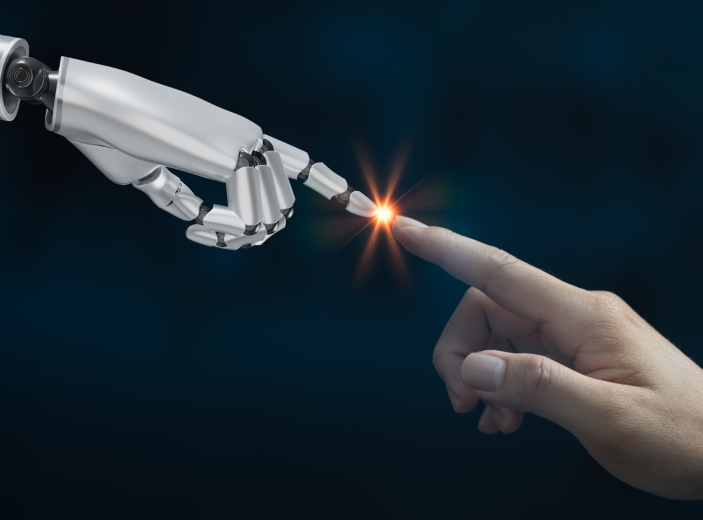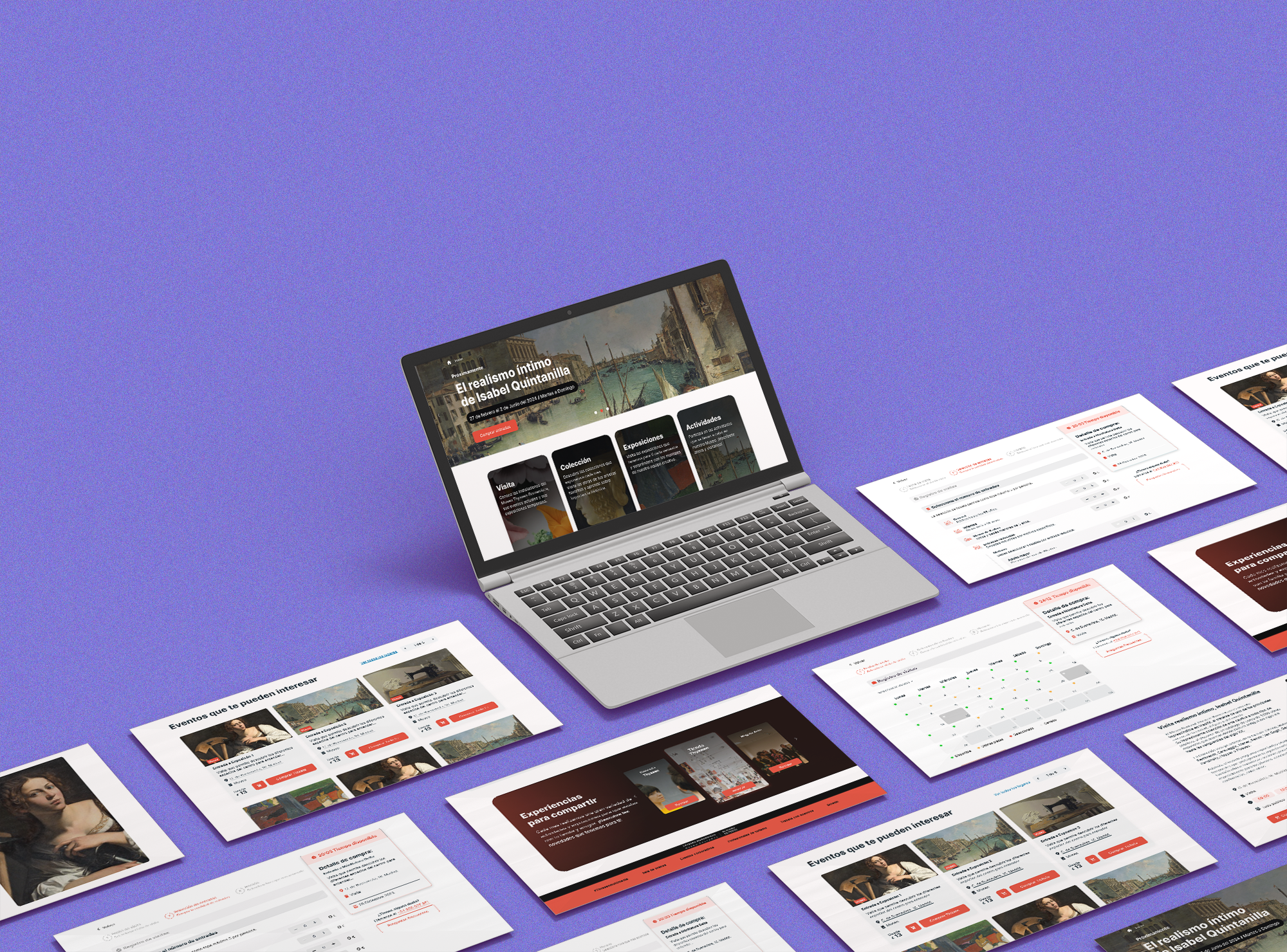Share this article
How Do We Want Technology to Transform Our Lives?
That was the central question at Congreso Futuro 2025, held from January 13 to 18. Under the inspiring theme “What kind of humanity do we want to be?”, more than 120 international experts gathered to explore the challenges and opportunities brought by technological advances.
Amid visionary debates and deep reflections, five key ideas emerged—essential for every leader, innovator, and citizen to understand how technology is shaping our present and defining the path to the future. From the impact of artificial intelligence to the balance between digital progress and human well-being, these insights not only invite reflection, but also urge responsible action in this era of rapid change.
Visual representation of Congreso Futuro 2025 delivering knowledge to humanity.
Motto of Congreso Futuro 2025: What kind of humanity do we want to be?
We summarized the 5 key takeaways from the event, which this year reached audiences across Latin America:
1. Artificial Intelligence and Its Social Impact
The growing implementation of artificial intelligence (AI) across multiple sectors has sparked debates about its societal influence. Psychiatrist Nora Volkow highlighted how social media platforms, powered by AI algorithms, can become addictive by activating the brain’s reward system in a similar way to psychoactive substances. Volkow emphasized the need to regulate these algorithms to protect children and adolescents, whose developing brains are more vulnerable to such influences.
2. Technology and Mental Health
Excessive mobile device use and constant digital connectivity are affecting interpersonal relationships and mental health. Volkow noted that even when people are physically together, they are often absorbed in their phones, diminishing the quality of social interactions and potentially leading to isolation. This phenomenon underscores the importance of setting healthy boundaries in technology use to preserve emotional well-being.
3. Nuclear Energy as a Sustainable Alternative
Nuclear engineer Charlyne Smith discussed the potential of small modular reactors (SMRs) as a scalable and safe energy solution for Chile. These reactors offer a sustainable alternative that could significantly contribute to the country’s energy transition, reducing reliance on fossil fuels and lowering carbon emissions.
4. Technology and Democracy
President Gabriel Boric expressed concern about the influence of major tech corporations on democratic processes and stressed the need for clear regulations to limit the power of private actors in politics and ensure the integrity of democratic institutions.
5. Technological Acceleration and Its Effects on Youth
Sociologist Hartmut Rosa analyzed how the constant acceleration of modern life—driven by technological advancement—impacts younger generations. According to Rosa, this acceleration not only strains the planet but also exhausts people’s physical and mental energy, leading to a lack of motivation to live and diminished confidence in the future among youth. His analysis invites us to rethink how we balance technological progress with human well-being.
These highlights from Congreso Futuro 2025 offer a powerful reflection on how technology is shaping various aspects of society and the importance of addressing it ethically and responsibly to build a more balanced and human-centered future.














